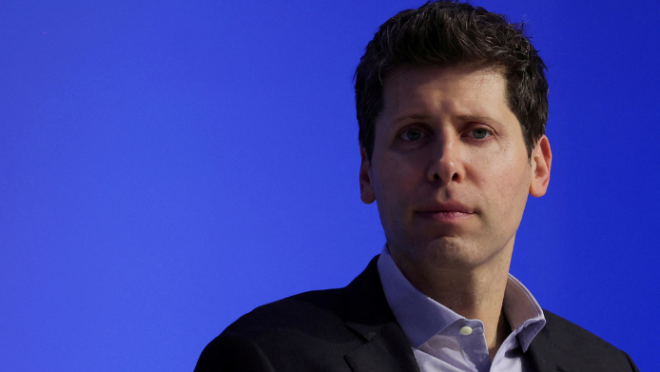Saying ‘thanks’ to ChatGPT is costing OpenAI tens of millions of dollars, says Sam Altman
Saying ‘thanks’ to ChatGPT is costing OpenAI tens of millions of dollars, says Sam Altman

OpenAI CEO Sam Altman addressed concerns over users being polite to AI, suggesting it may lead to high energy costs.
Being polite to AI can be costly, revealed OpenAI CEO Sam Altman after an X user talked about ChatGPT users saying polite phrases like “thank you” and “please” to the chatbot while interacting with it.

X user @tomieinlove took to social media to share his thoughts about polite phrases costing extra energy for the OpenI chatbot. “I wonder how much money OpenAI has lost in electricity costs from people saying “please” and “thank you” to their models,” he said.
The post sparked a debate before OpenAI CEO Sam Altman replied to the post, answering the X user’s query. “Tens of millions of dollars well spent–you never know,” he said, joking about the exorbitant cost of politeness with artificial intelligence.
A 2024 survey found that 67% of Americans say they’re polite to their AI assistants because manners matter, even with machines. Of those, 55% said it’s simply “the right thing to do,” while 12% confessed they’re hedging their bets just in case the AI uprising actually happens.
While it might be costing millions, some AI design experts believe that politeness and good manners could actually help improve AI. Microsoft’s design manager Kurtis Beavers told Futurism that polite interactions actually “help generate respectful, collaborative outputs.”
“Using polite language sets a tone for the response. When it clocks politeness, it’s more likely to be polite back. Generative AI also mirrors the levels of professionalism, clarity, and detail in the prompts you provide,” a memo from Microsoft WorkLab noted read.
OpenAI CEO Sam Altman hinted that ChatGPT usage is rapidly growing, estimating around 800 million weekly active users or roughly 10% of the global population during an April 11 conversation with TED curator Chris Anderson.


